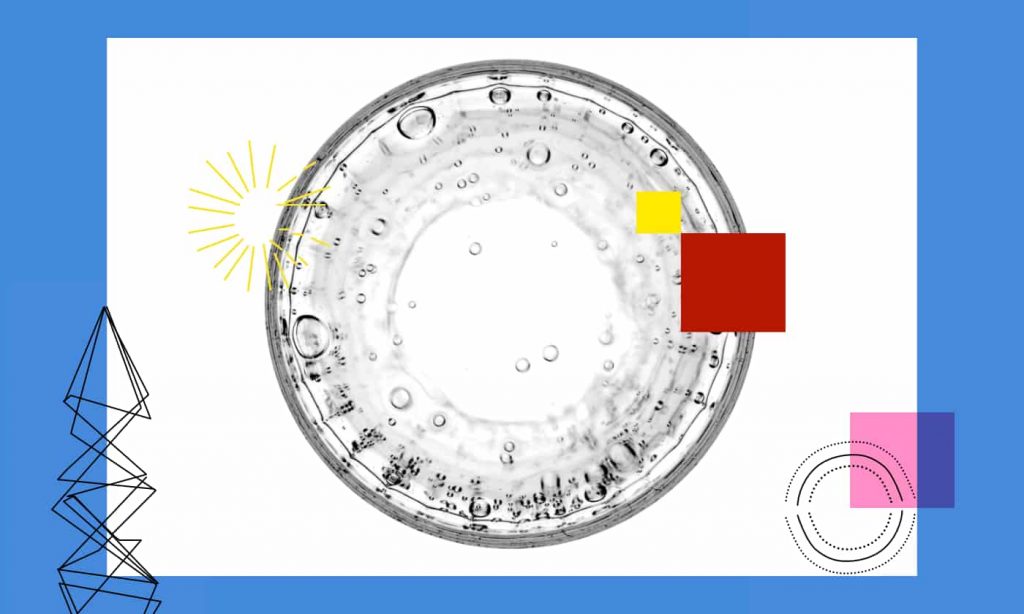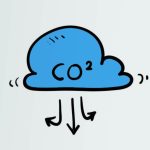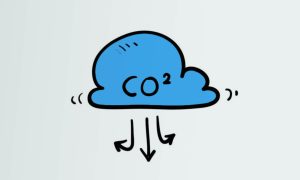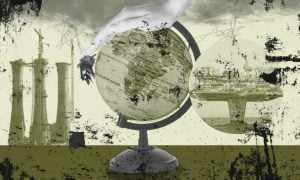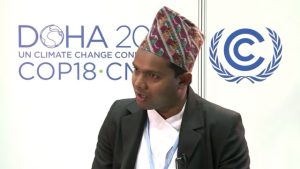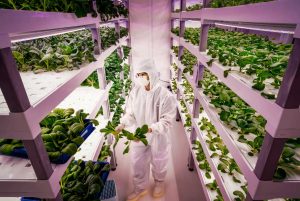The water crisis is a humongous issue that affects everyone. But what are some ways we could reduce humanity’s overexploitation of water?
Water is one of the stanchions of life. Around 60 % of the human body is made up of water. Drinking water from pristine sources has been linked to a higher lifespan. Water provides oxygen in the form of dissolved oxygen to marine organisms. Global warming leads to an increase in the temperature of the water. This reduces the amount of oxygen dissolved in the water proving detrimental for aquatic life.
Water exhibits anomalous behaviour. The density of the solid state of water is less than its liquid state. This proves to be a boon in disguise for aquatic life. Ice at the water surface, being an insulator, prevents aquatic organisms from the harmful impacts of frigid surrounding temperatures.
Out of all the water available on earth, only 3% is fresh water. The water crisis is a humongous issue for tropical regions due to the high surface temperatures in these areas which increase the evaporation of water. Magnetic cities, which attract the rural populations towards them due to better opportunities, have high population densities. This increases the consumption of water in these areas to a great extent and causes the water table to drop sharply in these areas, particularly during desiccating summers.
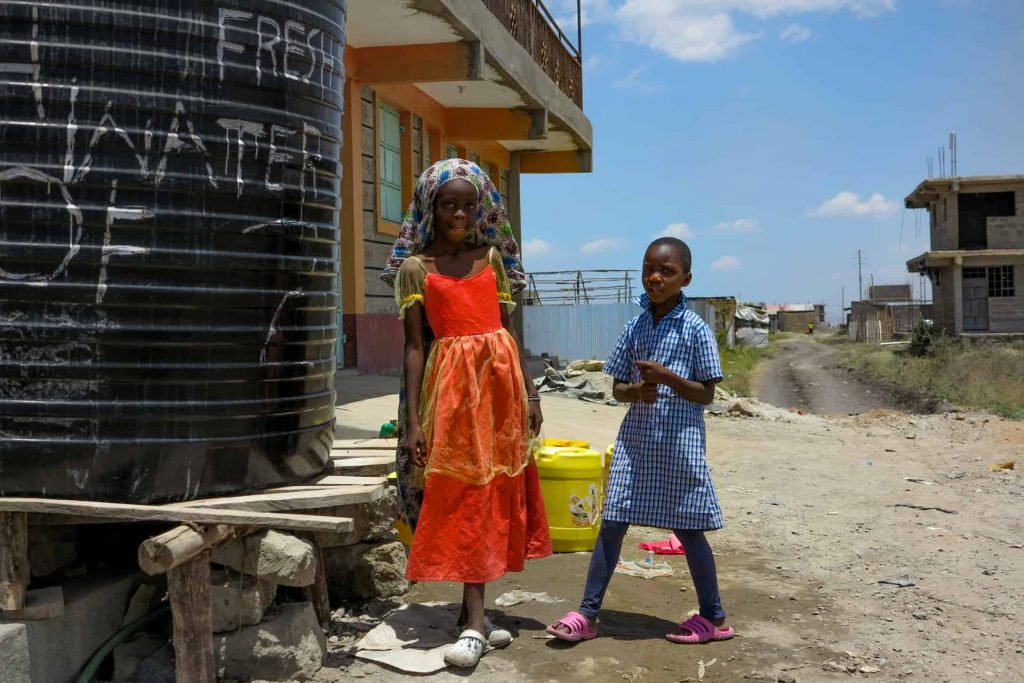
As the water level goes down, the water becomes less and less potable due to an increase in the level of Total Dissolved Solids (TDS). Keeping these problems in mind, ingenious solutions are needed to abate the overexploitation of water.
Water Pollution Tax
Countries across the globe also need to create National Water Commissions and provide them with statutory powers to counter pollution and overexploitation of water. Further, taxes like Water Pollution Tax could be introduced. This could provide a double dividend. It could encourage industries to install new water pollution sequestration technologies to reduce taxes payable to the government.
Revenue received from this tax could be used to install water resources and purification units like Borewells, Macro-Sediment-Filtration units, Reverse Osmosis units, Re-mineralization units, etc. to provide potable water in the desired areas. Further, the tax amount could be used to clean and revamp water resources like lakes and ponds, which are victims of eutrophication.
Grey Water
In the present era, where fuels like green hydrogen are being hailed as clean fuels, the sagacious use of water becomes even more important. Green Hydrogen is produced using the electrolysis of water using renewable sources like solar energy, wind energy etc. The process is both energy and water intensive.
Therefore, proper policy interventions are needed to provide ample water for both non-commercial as well as commercial activities. This could include strategies like using grey water post-treatment for producing green hydrogen and reserving freshwater resources for non-commercial purposes (drinking etc.)
The Miyawaki Technique
In the contemporary era, desertification is expanding at a rapid pace. When desertification increases, the soil in the area loses fertility and plant density decreases. As plants contribute toward conserving water, a reduction in plant density does not augur well for water conservation. Therefore, it is high time that suitable afforestation initiatives like Miyawaki Technique are employed to increase plant density.
Water is an invaluable and inalienable resource. It finds its use in household inverter batteries to Nuclear Reactors. Hence, its conservation is of paramount importance. The combination of techno-economically viable technologies along with suitable policy interventions by the government will go a long way in conserving this invaluable trove of nature.



